Faith Over Function: A Conviction Against the System
A defense contractor’s Chief Technology Officer halted a fully aligned, high-value drone program on theological grounds. Dimensional Reasoning Theory reveals how faith, as a transcendent dimension, can override all other planes of decision-making — reshaping outcomes even when operational, strategic, and political alignment exists.
Context and Background
At a leading defense contractor, the Chief Technology Officer had overseen the development of an advanced drone system for nearly two years. The program was fully aligned with operational goals, met stringent defense requirements, and had secured strong political backing. Strategically, it was positioned to expand market share, generate substantial revenue, and strengthen the contractor’s relationship with key government clients.
Just months before deployment, the CTO called an immediate halt to the project. The reason was not tied to cost, technical failure, or compliance issues — it was theological conviction. The CTO concluded that the drone’s potential applications in offensive operations conflicted with deeply held religious beliefs about the sanctity of life.
The decision shocked internal stakeholders and government partners. The company’s leadership attempted to explore alternatives, but the CTO’s position was unwavering: continuing the program would violate personal moral boundaries that took precedence over all organizational objectives.
Dimensional Diagnosis
This decision was shaped by the interaction of multiple planes — and ultimately, by the transcendence of faith.
Operational:
The drone program met or exceeded all technical and performance criteria. From a functional standpoint, there were no barriers to success.
Strategic:
The program supported the company’s long-term growth objectives, strengthening its competitive advantage and government partnerships.
Political:
The project had backing from influential defense stakeholders, ensuring smooth procurement and funding pathways.
Faith (Transcendent):
The CTO’s personal convictions stood above all other dimensions, creating an absolute moral boundary that no operational, strategic, or political alignment could overcome.
Systemic Insight
Most organizational decisions occur within the interplay of operational, strategic, political, and relational planes. In rare cases, a transcendent dimension — such as faith — can override them entirely. This creates a decision dynamic where negotiation, compromise, and systemic alignment are irrelevant if the transcendent principle is absolute.
What Now: Direction After Diagnosis
Recognize Transcendent Dimensions Early:
Leaders should be aware when personal or collective convictions have the potential to override organizational goals. These dimensions require a different approach than multi-plane balancing.
Build Ethical Contingencies into Strategy:
In industries with high moral stakes, establish clear pathways for project reassignment or pivot if key personnel hold non-negotiable convictions.
Preserve Mutual Respect in Divergence:
Even when a transcendent decision halts a major initiative, maintaining respect and trust between stakeholders can protect long-term relationships.
Narrative Execution Guide
1. Identify roles in which personal convictions could impact mission-critical projects.
2. Establish open dialogue channels where ethical or faith-based concerns can be raised early in development cycles.
3. Develop a contingency plan for rapid project leadership reassignment if convictions create an impasse.
4. Communicate changes to clients or partners with a focus on integrity and respect rather than conflict.
Reflection
The Faith Over Function case shows how certain dimensions — particularly those rooted in deeply held beliefs — can transcend organizational alignment. Dimensional Reasoning Theory helps leaders recognize when they are operating in the realm of the transcendent, where the usual rules of cross-plane negotiation no longer apply. Understanding this distinction allows organizations to prepare for, and respond to, decisions that are shaped by more than just business logic.



